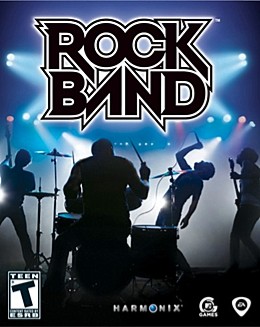Liz Perle on Marketing PG-13 Movies to Younger Kids
Posted on September 21, 2008 at 10:00 am
Liz Perle of Common Sense Media has a column on Huffington Post takes on the hypocrisy of the MPAA ratings board. Chair Joan Graves says that PG-13 films may carry parental advisory reminders that they have material inappropriate for kids under age 13 but that doesn’t mean that PG-13 movies shouldn’t be marketed to younger kids. Perle points out that this would include “Vicky Christina Barcelona” (threesome) and “The House Bunny” (a lot of sexual humor) as well as the third mummy film and “The Dark Knight.”
And in the Mummy movie, faces melt, a man is about to be quartered, there are several shots of near decapitations, limbs are dismembered, bodies are stabbed and shot, huge Yetis appear as scary CGI panther-like creatures and there are hordes of skeletal warriors (a la Pirates of the Caribbean). And “The Dark Knight?” Even my teen son turned to me and said, “This is NOT for kids!”
We believe that parents are ultimately responsible for making sure they pick movies that are right for their kids – hey, that’s why Common Sense Media exists. And we absolutely love movies. We just think there are right movies for right ages. And marketing mature movies to kids is irresponsible, plain and simple.


